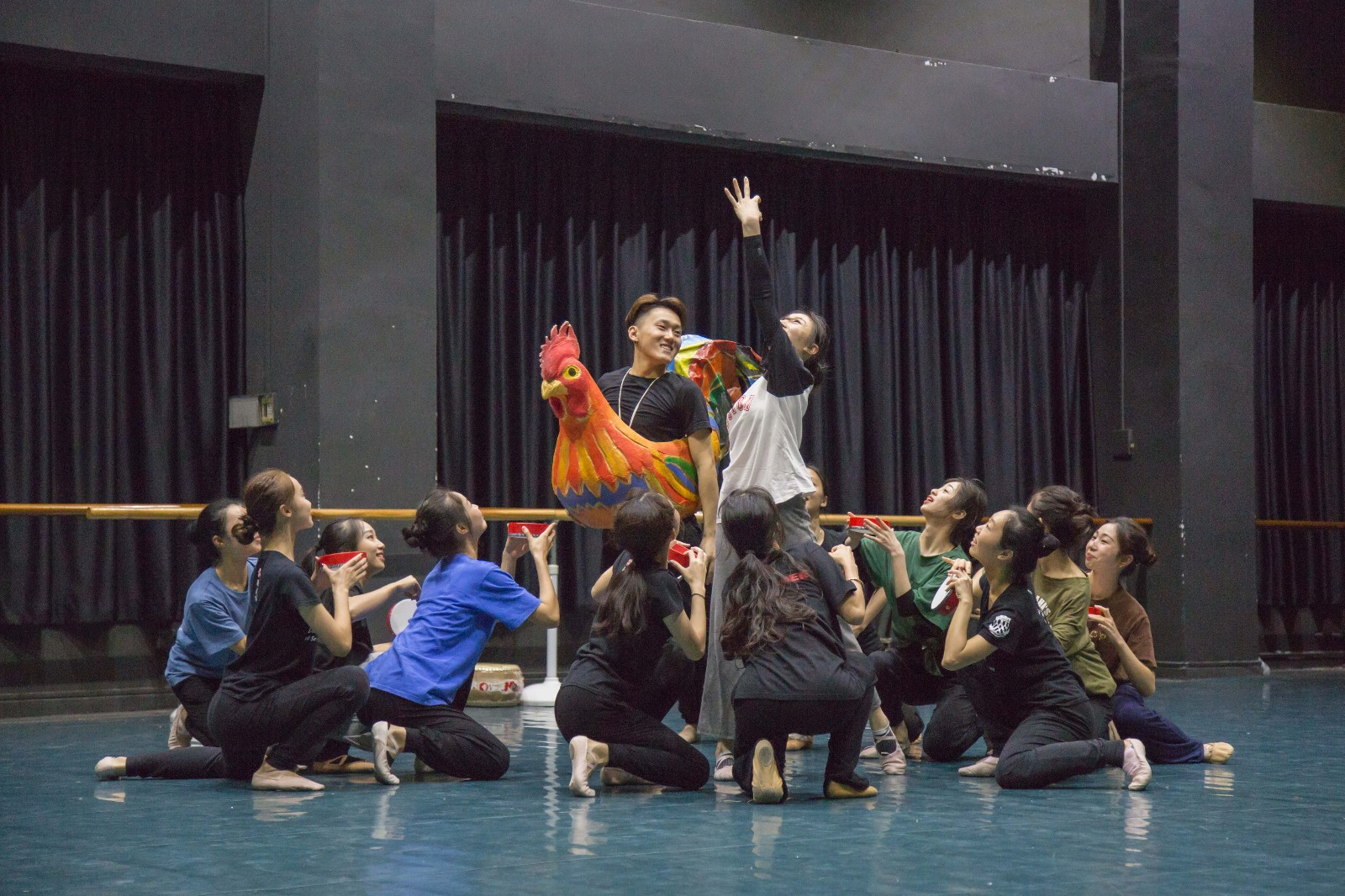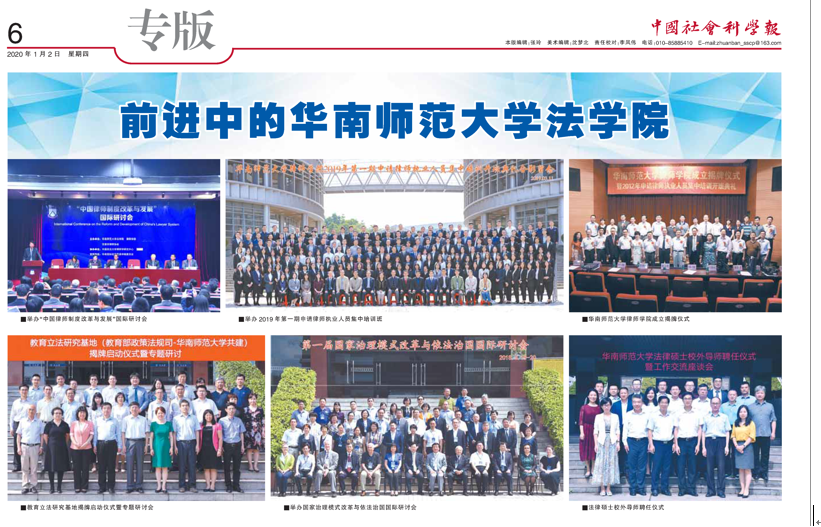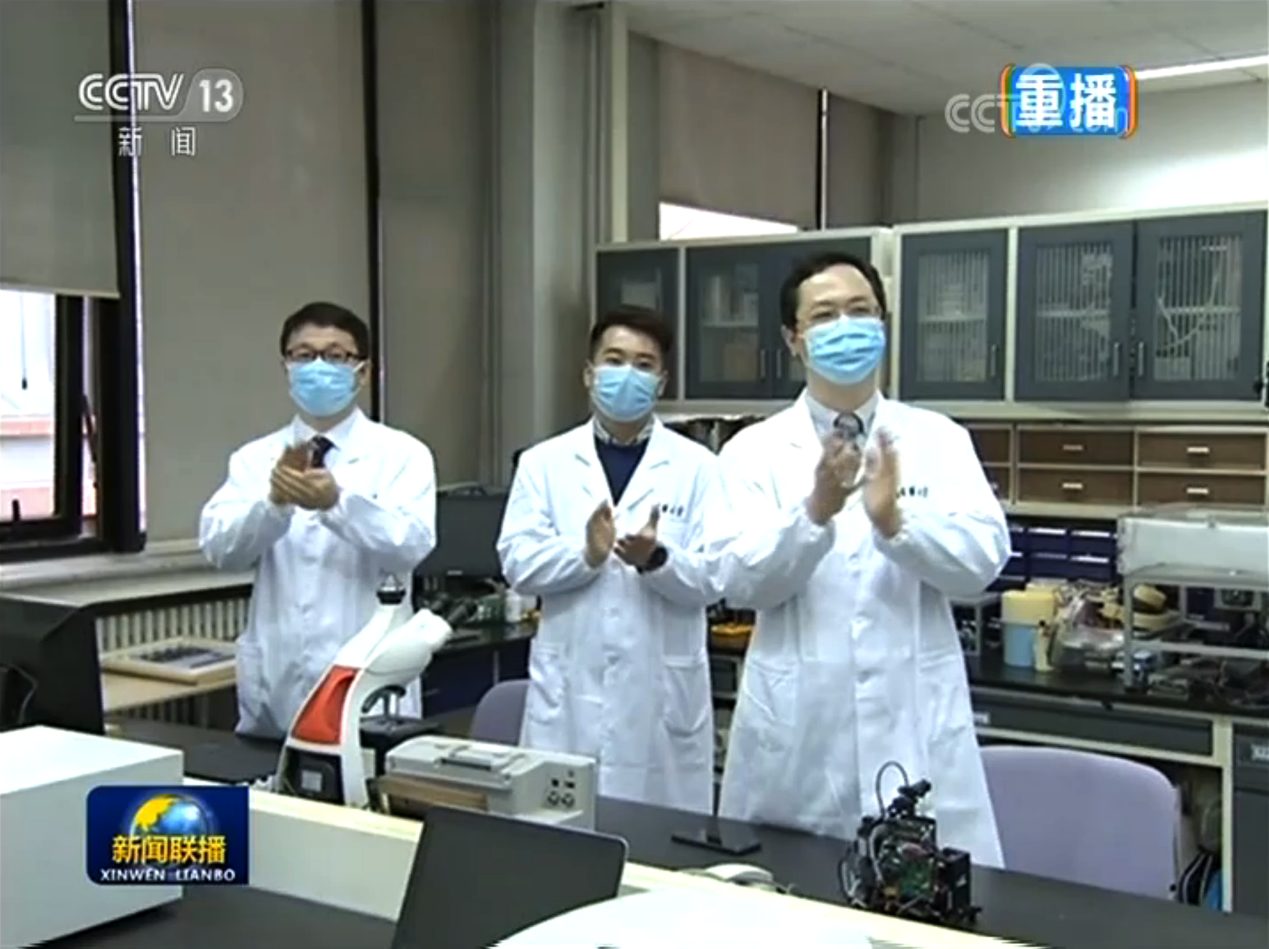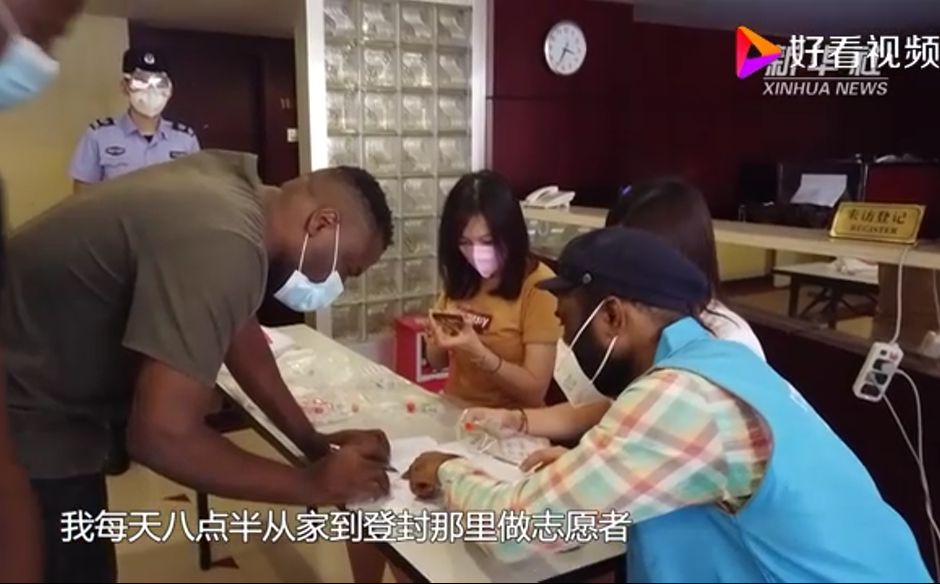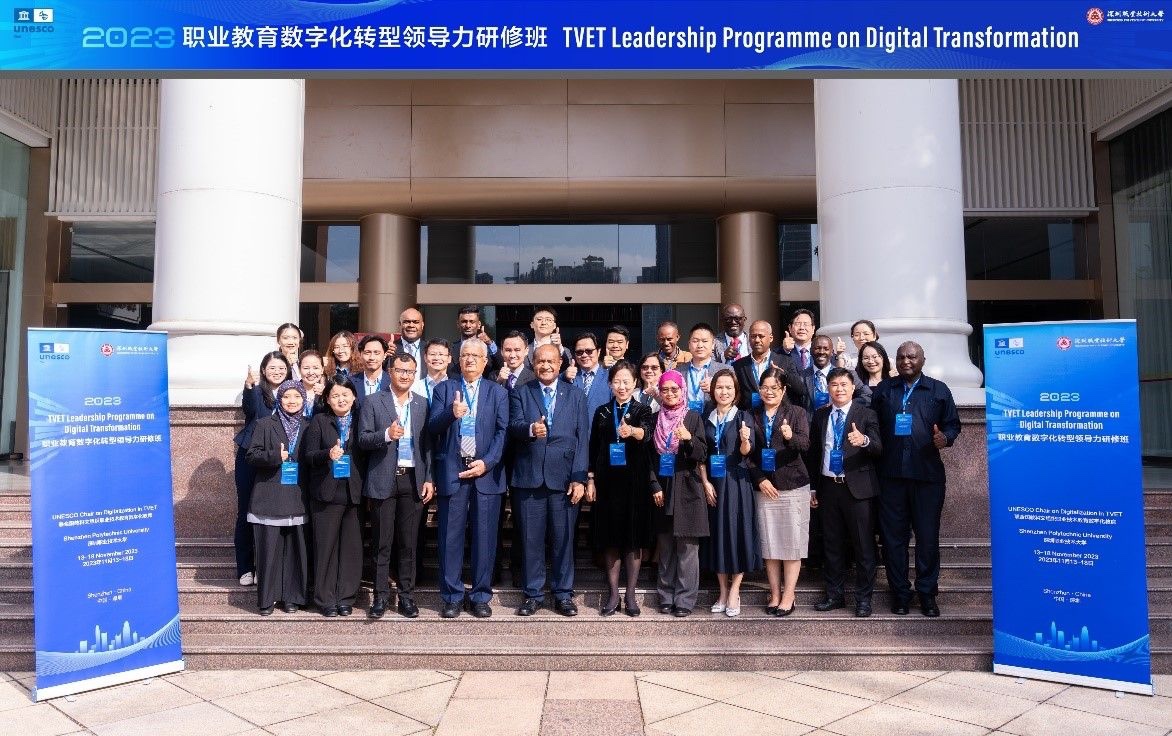
Likes
The 2023 TVET Leadership Programme on Digital Transformation, organized by the UNESCO Chair on Digitization in TVET, unfolded from November 13th to 18th at Shenzhen Polytechnic University. 22 participants from 16 countries (Zambia, Tanzania, Kenya, Ethiopia, Fiji, Philippine, Malaysia, Pakistan, Myanmar, Mongolia, Sri Lanka, Vietnam, Thailand, Singapore, Cambodia, and Brunei) participated in this programme. The main objective of the TVET Leaders workshop was to empower the TVET leaders with the skills to digitally transform their TVET institutions.
The inaugural event was hosted with insightful opening remarks from Mr. Robert Parua, Education Programme Specialist of UNESCO Multi-Sectoral Regional Office for East Asia, and Ms. Li Yue, Vice President of Shenzhen Polytechnic University. UNESCO congratulated the Shenzhen Polytechnic on their new designation as a University by the Chinese Ministry of Education. Mr. Parua acknowledged and thanked Shenzhen Polytechnic University, Shenzhen Municipal government, Chinese National Commission for UNESCO and Chinese Ministry of Education in supporting the work of the UNESCO Chair in TVET Digitalization. The first leadership training for TVET digitalization program featured a range of sessions in key thematic areas. On November 14th, Session 1 explored the "Background and Strategies of Digital Transformation in TVET" with presentations made by Mr. Robert Parua from the UNESCO Regional Office for East Asia. Mr. Parua presented on the SDGs, UNESCO TVET Strategy and UNESCO platforms in ICTs in education. Mr. Yang Wenming from the UNESCO Chair on Digitalization in TVET presented on the drivers, eco-system and framework of TVET digital transformation and role of TVET institutions to promote TVET digital transformation. Concurrently, in Session 2, participants paid a visit to the training centers at the Shenzhen Polytechnic University. This session showcased "Digital Application in TVET" From Directors, Teachers and Trainers from Shenzhen Polytechnic University.
Moving to November 15th, Session 3 delved into "Trends and Methodologies of Digital Transformation in TVET," with speakers including Mr. Jiao Jianli from South China Normal University, Mr. Yang Xinbin, Holder of UNESCO Chair on Digitalization in TVET and Board Chairman of Shenzhen Polytechnic University, and Ms. Zhong Zhuoya from UNESCO Chair on Digitalization in TVET. Simultaneously, Session 4 featured Mr. Wang Yongxue and Ms. Li Yingying from Shenzhen Polytechnic University discussing the "Digital Transformation of TVET Programme and Curricula." Participants engaged in a dynamic visit to Huawei Company on November 16th, exploring "Digital Practices via Public-Private Partnerships" within the framework of Session 5. This session unfolded in two parts: "Digital Transformation of Partner Enterprises" and "The Ecosystem of Digital Transformation," featuring insights from Huawei Company representatives. The participants were introduced to the Huawei’s emerging digital technologies, solutions and ICT talent education ecosystem. Their strategic partnership with the Shenzhen Polytechnic University was an excellent model of public and private partnership. November 17th witnessed two impactful sessions. Session 6 focused on the "Development of Digital Learning Resources," with contributions from Mr. Pan Liucheng and Ms. Zeng Xiuzhen from UNESCO Chair on Digitalization in TVET, and Mr. Sit Fung from UNESCO-ICHEI. In Session 7, participants shared Institutional Digital Transformation Strategies, culminating in a closing ceremony where Mr. YANG Wenming, Coordinator of UNESCO Chair on Digitalization in TVET, delivered closing remarks, Mr. XU Jianling presented the Programme Certificate to each participant.Shenzhen Polytechnic University, a dedicated member of the UNESCO-UNEVOC Network since 2006, has actively fostered mutual learning in TVET. In April 2017, with UNESCO's approval, the university established the "Research and Training Centre for the UNESCO Asia-Africa TVET Project," contributing to cross-border research and international collaboration in the TVET field. The major outcome of the first leadership training in TVET Digital Transformation was appreciation by all the participants from the 16 countries about experience of Shenzhen Polytechnic as a model TVET University that has successfully integrated digital transformation in its TVET courses and education programmes. They hope to implement some of the lessons learnt in their programmes. All UNESCO tools and resources in ICTs in Education was shared with all the participants.
The UNESCO Chair on Digitalization in TVET at Shenzhen Polytechnic University aspires to bridge digital divides, ensure equitable quality education, and promote lifelong learning for global socioeconomic sustainable development. The Chair fosters collaboration between the education and private sectors, develops TVET programs in digital technologies, and facilitates the digital transformation of traditional TVET programs. The ultimate goal is to propel digital transformation in TVET in developing countries, narrow the digital divide, drive the digital transformation of traditional industries, and foster global digital socioeconomic growth and sustainable development.
What to read next:
